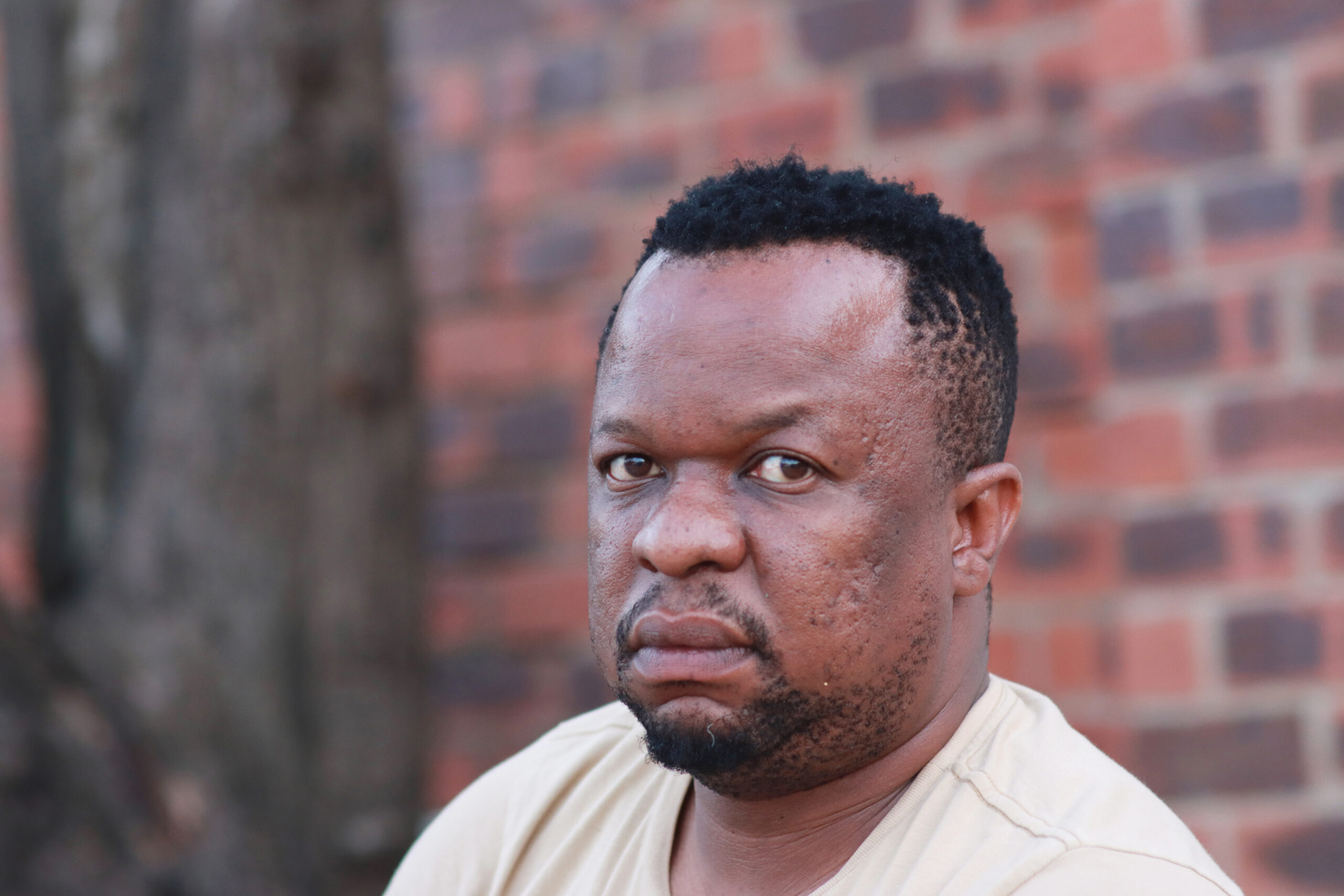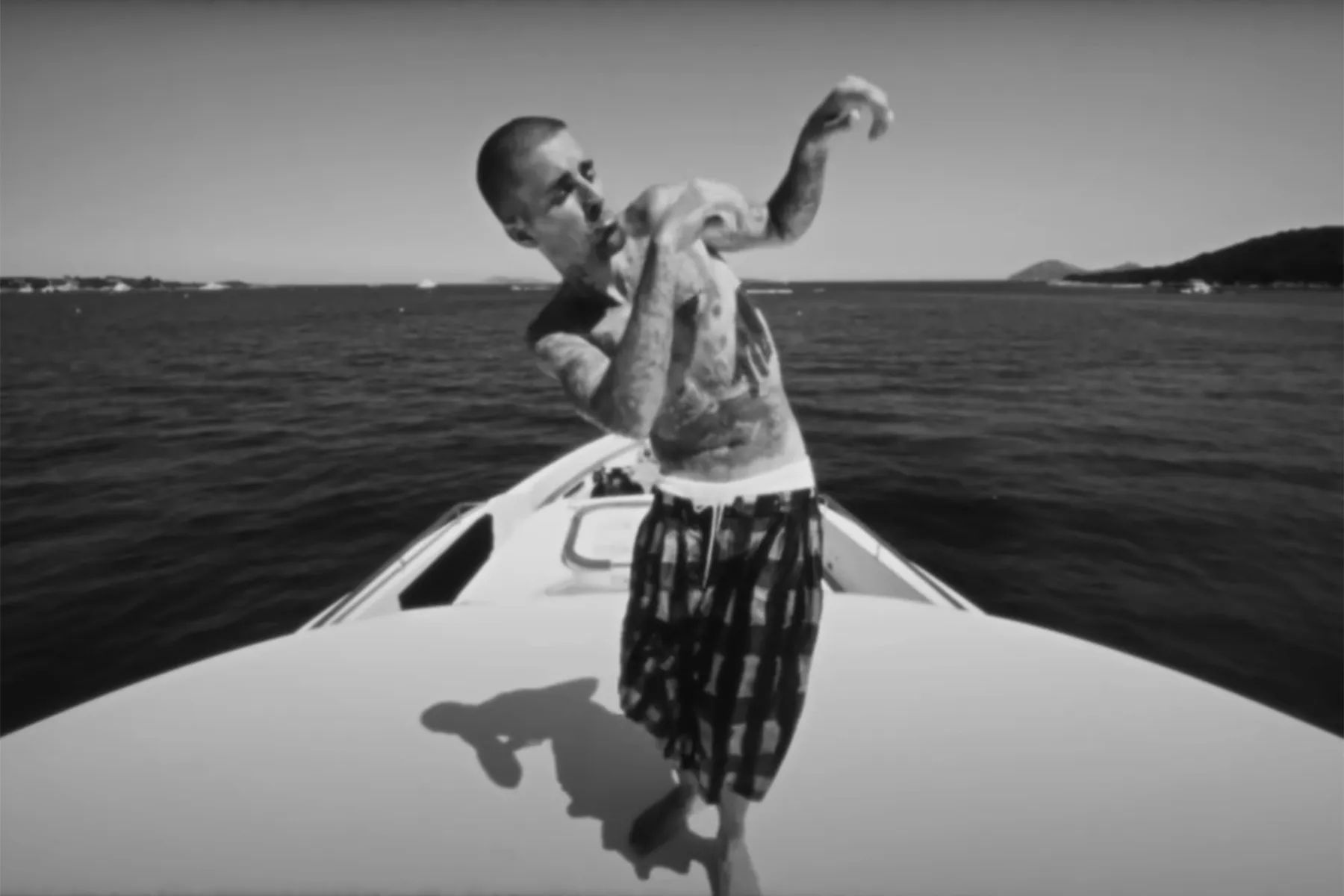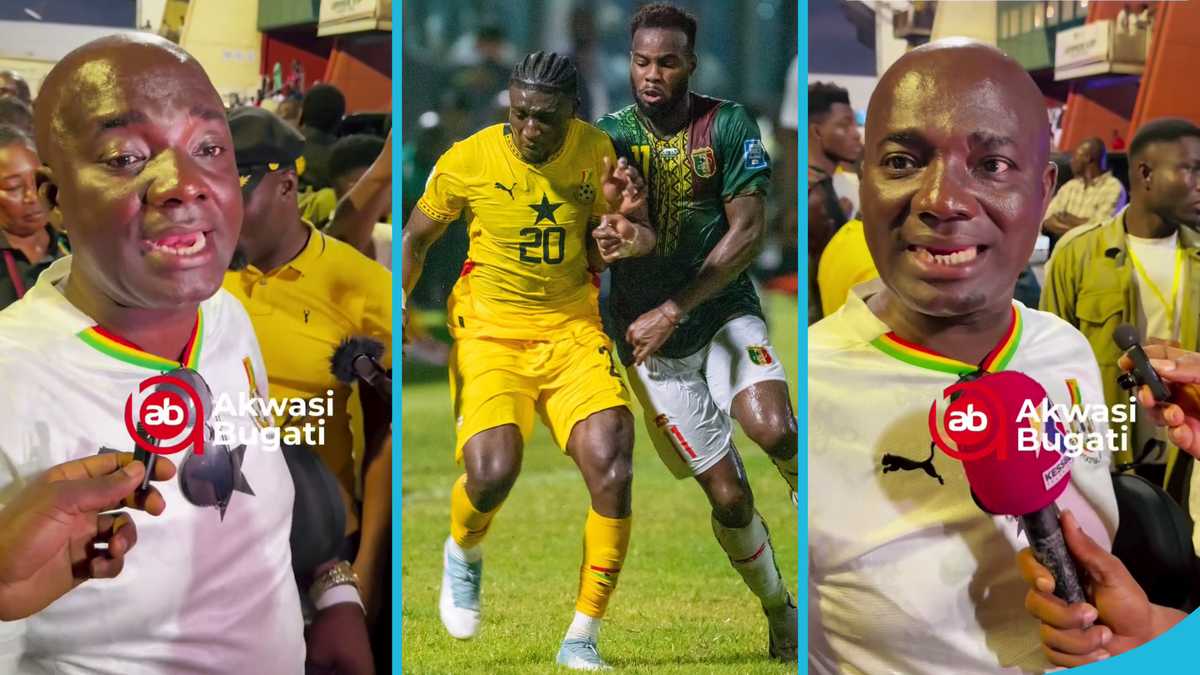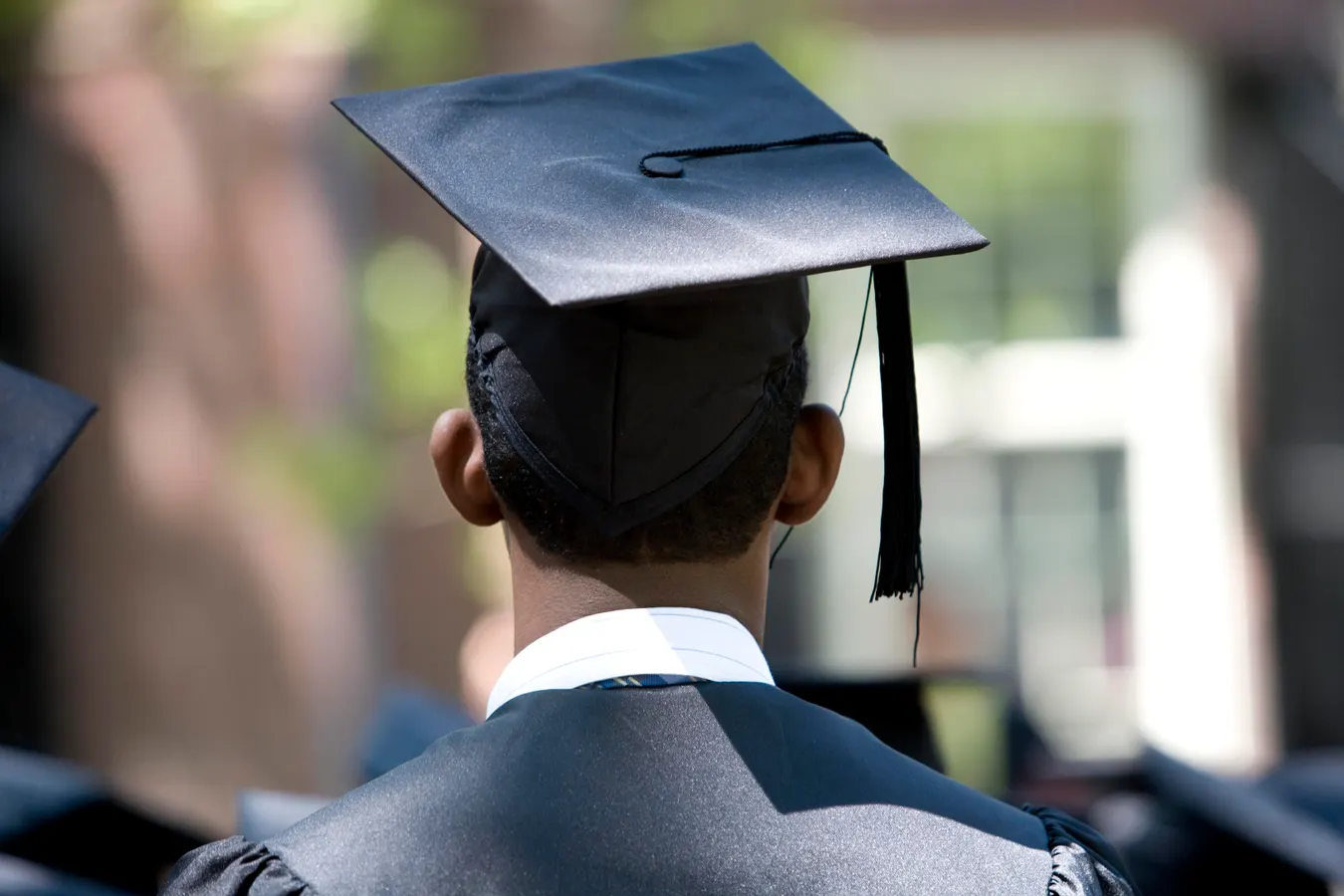By Sunday Express
Copyright sundayexpress

Lebohang Chefa
The press release issued by the Directorate on Corruption and Economic Offences (DCEO) on Wednesday is a disgraceful and transparently self-serving attempt to retroactively justify an egregious abuse of power. Far from being a credible explanation, it is a masterclass in bureaucratic doublespeak, intended to obscure the truth: the DCEO, an institution supposedly created to fight corruption, has instead engaged in the intimidation and harassment of a journalist for doing his job. This act is a direct assault on the foundations of democracy; the freedom of the press and the very anti-corruption mandate the DCEO purports to uphold.
The DCEO’s press release is saturated with hollow platitudes. It claims to “fully understand and appreciate the strategic role that the media plays” and considers the media a “key strategic partner.” This is a contemptible charade. A partner is not someone you arrest first and investigate later. A partner is not someone you detain on flimsy pretexts, only to release them when your case predictably collapses under the weight of its own incompetence.
The DCEO’s actions speak far louder than its placating words. By arresting Mohalenyane Phakela, it sent a chilling and unambiguous message to every journalist in Lesotho: investigate anything that is connected to corruption at your peril. This is not partnership but a threat. It is the behaviour of an unaccountable state agency that uses the iron fist of the law to crush dissent and silence uncomfortable truths. The role of the press is not to be a passive, state-sanctioned partner that only reports on DCEO successes, but to be an independent watchdog that holds powerful institutions, including the DCEO itself, to account.
The entire legal justification for this thuggish behaviour rests on the concept of “reasonable suspicion,” a threshold the DCEO has demonstrated it fundamentally misunderstands or wilfully ignores.
The investigation was allegedly triggered because the DCEO was “carbon-copied an information that was sent to Mr Phakela from Maseru Toyota.” This is a glaring red flag. Why was a state anti-corruption body on the recipient list of a private company’s email to a journalist? Was this corporate collusion, illegal surveillance or simply a convenient error the DCEO exploited? The release provides no clarity, hoping the vagueness will mask the dubious origins of their “suspicion.”
The timeline exposes the DCEO’s impunity. They claim that by 25th August, they had evidence an offence had been committed. Yet, after arresting and detaining Mr Phakela on 29 August, it took them until September 8th, a full 10 days later, to conclude there was “no material evidence”. This is an inversion of due process. A competent and lawful investigation gathers material evidence before resorting to the extreme measure of arrest and deprivation of liberty. The DCEO’s process was one of punishment by procedure, intended to harass and disrupt, not to genuinely investigate a crime.
The conclusion of this fiasco is perhaps the most insulting part. The DCEO informs Mr Phakela that the matter “would not be pursued further unless new evidence emerged.” This is not an exoneration or an apology for a wrongful arrest. It is a threat. It leaves a file open, a sword hanging over Mr Phakela’s head, reminding him that the DCEO can resurrect this baseless charge at any time. A truly accountable institution would have issued a full, unreserved apology for its gross error and the violation of a citizen’s rights. The DCEO offers none, demonstrating its utter lack of remorse and its belief that it is above accountability.
The DCEO, as an arm of the Lesotho government, has trampled upon fundamental rights enshrined in both domestic and international law. Its actions are not merely a procedural error but a flagrant violation of its legal obligations.
The Constitution of Lesotho is unequivocal. Section 14 (1) guarantees that: “Every person shall be entitled to, and (except with his own consent) shall not be hindered in his enjoyment of, freedom of expression, including freedom to hold opinions without interference, freedom to receive ideas and information without interference, freedom to communicate ideas and information without interference (whether the communication be to the public generally or to any person or class of persons) and freedom from interference with his correspondence.”
By arresting a journalist for seeking and receiving information, the DCEO directly hindered his enjoyment of freedom of expression and interfered with his correspondence and his ability to communicate ideas. They punished him for the very essence of his profession.
Additionally, Lesotho is a signatory to international conventions that it is legally bound to uphold. The DCEO’s actions mock these commitments. The Universal Declaration of Human Rights (UDHR) in Article 19 declares: “Everyone has the right to freedom of opinion and expression; this right includes freedom to hold opinions without interference and to seek, receive and impart information and ideas through any media and regardless of frontiers.” Article 19(2) of the International Covenant on Civil and Political Rights (ICCPR) also states: “Everyone shall have the right to freedom of expression; this right shall include freedom to seek, receive and impart information and ideas of all kinds, regardless of frontiers, either orally, in writing or in print, in the form of art, or through any other media of his choice.”
The arrest of Mr Phakela for obtaining information is a textbook violation of these articles. The DCEO has positioned itself as an enemy of the free press, acting with the impunity of an authoritarian regime, not a democratic institution.
The ultimate irony is that the DCEO, an agency created to enhance transparency and fight corruption, has resorted to opaque and intimidating tactics to suppress the work of a journalist exposing potential corruption. Instead of investigating the substance of Mr Phakela’s story regarding the Lesotho Correctional Service, they chose to investigate and persecute the messenger.
The press release is not an explanation but an indictment of the DCEO itself. It reveals an agency that is thin-skinned, drunk on power and fundamentally hostile to the principles of a free and open society. Its actions have inflicted a deep wound on press freedom in Lesotho and have severely damaged its own credibility. The DCEO has demonstrated that it cannot be trusted to wield its significant powers responsibly. It has become the very thing it was meant to fight: a secretive, unaccountable body that operates with impunity and fears the light of public scrutiny.
* Lebohang Chefa is a political analyst and former journalist who worked as founding news editor for Lesotho Times back in 2008.



